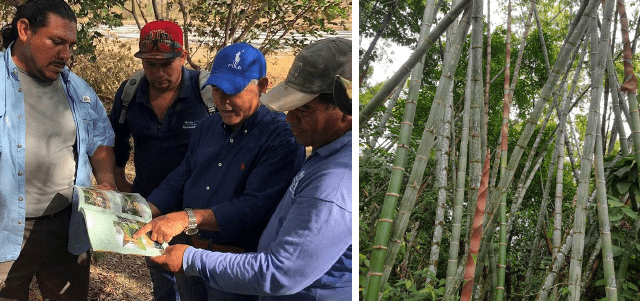Teaching the power to make changes in everyday life
Thursday, July, 22nd, 2021 News
The first in a series, this article by University World News in partnership with the Talloires Network focuses on the COV-AID Graduate Mini Grant winners and their ongoing student-run projects created to help communities during the COVID-19 pandemic. Read a portion of the article below and find the full article here!
“As if to dramatise one of the central points he would make – how poor infrastructure complicates the efforts of small and medium enterprises (SMEs) in Africa to implement digital technologies in production and marketing – and before introducing himself to the virtual audience and other panel members, Decent Mutanho explained that he was not on screen “because we have no electricity at all, so I’m trying to improvise”.
While using his smart phone to make the best connection he could from Johannesburg, South Africa, he was participating in the 12th episode of the webinar series, “Adapting to the New Reality: Civically engaged universities offer strategies of hope,” on 8 March 2021.
That same day, half a world away in New Jersey, Andy Saunders, another of the six winners of the Communities of Virtual Alliance and Inter-Dependence (COV-AID) mini-grants, woke to the New York Times carrying the report, “The Officers Danced at a Black Lives Matter Rally. Then They Stormed the Capitol” (during the 6 January insurrection). This story exemplifies the inequitable actions and racist actors that the police departments that have partnered with Saunders’ New Blue Project would not tolerate.
Established by the Open Society University Network (OSUN) in partnership with the Talloires Network of Engaged Universities (comprising 417 university presidents from 79 countries), the COV-AID Student Engagement Award (administered at Tufts University in Boston) provided grants to assist student-run projects that were already running or created to help communities during the COVID-19 pandemic.
